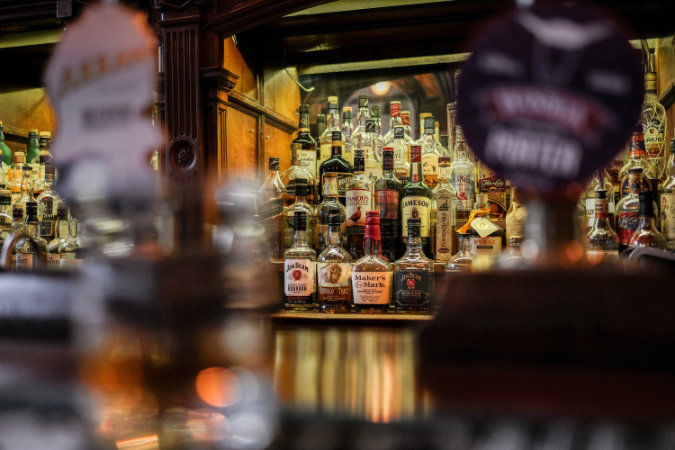The Scottish Licensed Trade Association (SLTA) has released its latest survey, offering a stark snapshot of the challenges facing Scotland’s pubs, bars, and hospitality venues in 2024. As the sector grapples with rising costs and a reduction in customer visits, an overwhelming 78% of outlets are urging the UK Government to reduce VAT as a vital measure to support the industry.
The summer survey, which gathered responses from over 400 licensed venues represented across Scotland, reflects the full spectrum of the country’s hospitality industry, from independent pubs to major hotel chains. The findings reveal a sector under significant strain, with escalating operational costs and a noticeable decline in footfall threatening the viability of many businesses.
Declining Trade Despite Euro 2024 Uplift
Although the Euro 2024 tournament provided a temporary boost, it wasn’t enough to offset the broader challenges. The survey shows that 62% of outlets reported a decline in trade compared to the previous year. Colin Wilkinson, Managing Director of the SLTA, expressed concern over this trend:
“Our sector is at a critical juncture. Despite the brief uplift from Euro 2024, 62% of outlets have seen lower trade than last year. Customers are becoming more selective about when they visit, with 19% leaving venues earlier and 16% attending only for specific events. The report also highlights that 64% of respondents have noticed customers spending less, visiting less frequently, and spending less time in the venue.”
Rising Costs and Economic Pressure
The survey highlights the dual pressures of rising operational costs and reduced consumer spending power. A worrying 77% of venues reported a 10% or more increase in their costs—a sharp rise compared to just 30% in January. Additionally, 42% of outlets have seen their rates increase by 10% or more, adding further financial strain.
The broader economic environment is also impacting customer behaviour. Rising living costs are forcing consumers to cut back on discretionary spending, with many reducing the frequency of their visits to pubs, bars, and restaurants. The SLTA survey reveals that 58% of outlets expect to see further decline in trade for the remainder of 2024, with 44% anticipating a drop of over 10%.
Call for Government Action
In light of these findings, the SLTA is calling for immediate government intervention. The most urgent request from the sector is for a reduction in VAT, which 78% of respondents identified as the most effective way for the UK Government to support hospitality businesses.
Colin Wilkinson emphasised the importance of government support: “We need both the UK and Scottish governments to recognise the value of our industry and act swiftly. A reduction in VAT for licensed venues would provide much-needed relief, while a review of the commercial rating system could alleviate some of the ongoing financial pressures.”
The Broader Picture
This survey is part of the SLTA’s ongoing Market Insight Surveys, which have been a key barometer of the health of Scotland’s hospitality sector for nearly a decade. These surveys, based on quantitative research from outlets across the country, have tracked the impact of major events such as Brexit, the COVID-19 pandemic, and the current economic challenges.
In the January 2024 survey, the SLTA found that 96% of respondents felt the Scottish Government was out of touch with the needs of the business community—a sentiment echoed in the current findings. The SLTA now urges both the Scottish and UK governments to work together to support one of Scotland’s key industries.
Looking Ahead
As the sector navigates through the remainder of 2024, the SLTA remains committed to advocating for policies that will support the sustainability and growth of Scotland’s hospitality industry. Without decisive action, the future of many cherished pubs, bars, and restaurants remains uncertain.
The SLTA calls on all stakeholders to recognise the urgency of the situation and take the necessary steps to ensure the much needed support of this vital part of Scotland’s economy and culture.

